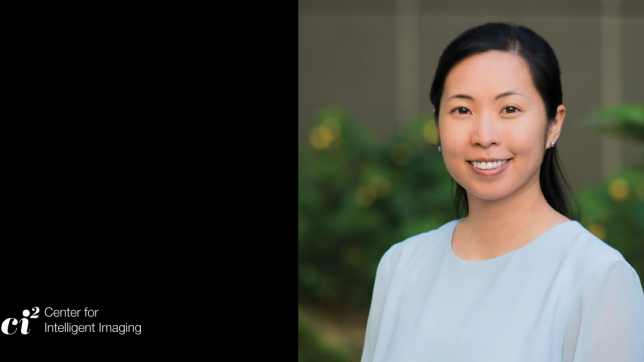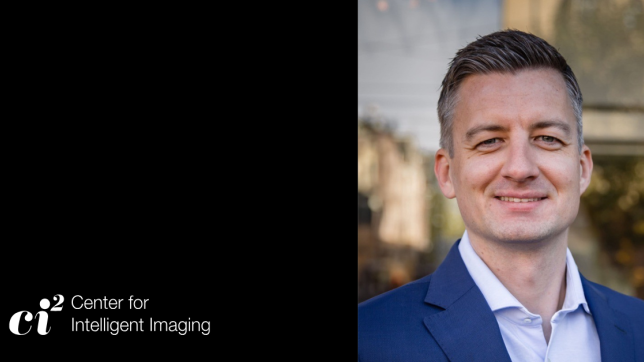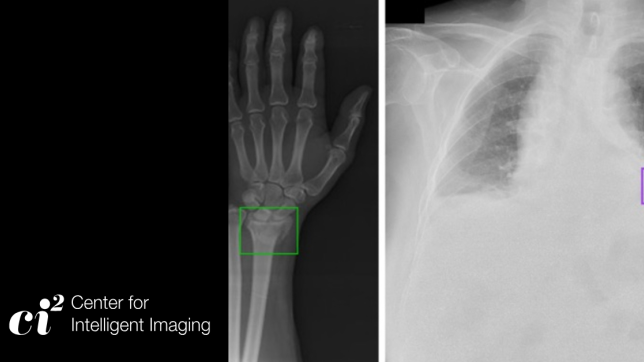Fredrik Strand, MSc, MD, PhD, a breast radiologist from Karolinska University Hospital, has been exploring AI's potential to improve breast cancer screening accuracy and efficiency. Dr. Strand has been working to improve the reliability of early cancer detection through the ScreenTrust trials, with a special focus on patients with dense breast tissue, where malignancies are often harder to detect and diagnose accurately. Recently, he presented his research at the SRG Pillar meeting for the Center for Intelligent Imaging (ci2) at the University of California, San Francisco.
Standard screening typically relies on mammography and requires two radiologists to review each image independently, aiming to reduce false positives. However, about 30% of cancers in Sweden are diagnosed as interval cancers, or cancers detected symptomatically between screenings. Dr. Strand's research examines how AI could bridge this gap, offering added sensitivity where traditional methods may fall short.
One tool developed through Dr. Strand's research is AISmartDensity, an AI model that assesses mammographic density and other risk factors to help identify which patients might benefit most from supplemental MRI screening. During the ScreenTrustMRI trial, patients flagged by AISmartDensity as high-risk were invited for MRI screening, resulting in high cancer detection rates and minimal false positives. This approach suggests that AI-driven, risk-based MRI screenings may more accurately target patients needing further evaluation.
Dr. Strand's research also surveyed patient attitudes toward AI-based screening recommendations, finding high levels of confidence in AI for decisions like MRI necessity. Although many participants expressed a preference for more frequent screenings, they trusted AI to make these determinations, indicating that clear communication can help build public confidence in AI-assisted health care.
While the ScreenTrust trials have delivered promising results, implementing AI widely will require regulatory approvals and further study to ensure effectiveness across diverse clinical settings. Dr. Strand's work suggests that AI could help streamline breast cancer screening, making early detection more targeted, accurate, and accessible.
To learn more about the upcoming SRG Pillar meetings, visit the ci2 events page.



